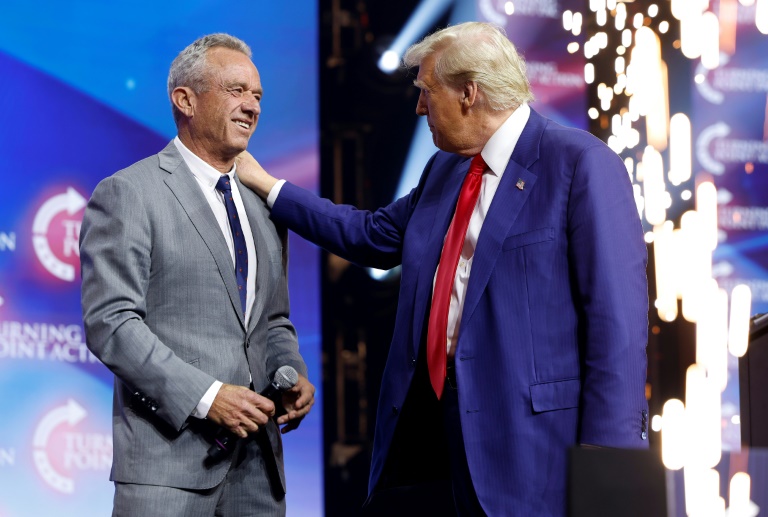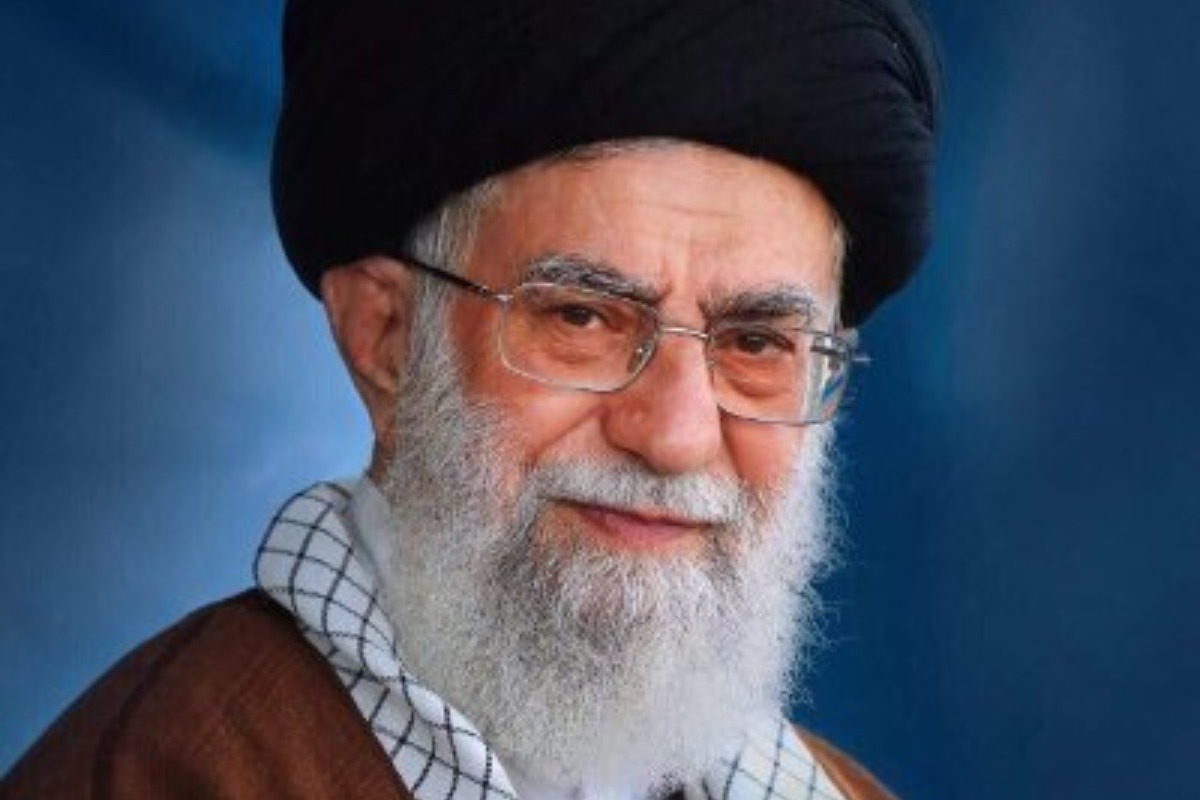Robert F. Kennedy Jr., a longtime conspiracy theorist and opponent of vaccines, now has the ear of President-elect Donald Trump to promote what he’s calling the “Make America Healthy Again” agenda.
It’s something of an unlikely alliance between the Kennedy family scion, once a celebrated environmental champion who called for prosecuting climate change deniers, and the returning Republican leader.
What they share, however, is a profound distrust of institutions. In the final stretch of the campaign, Trump announced that RFK Jr. would “have a big role in health care” if he won.
The announcement immediately raised alarm, given Kennedy’s reputation as a notorious vaccine skeptic.
Not long ago, though, Kennedy was a high-powered climate attorney and was even in the mix to become former president Barack Obama’s environment chief.
This makes him a complex figure, some experts say, who brings some valuable ideas to the table.
In recent days, he’s tried to reassure critics, telling NPR, “We’re not going to take vaccines away from anybody,” while adding, ominously, “We are going to make sure that Americans have good information.”
Kennedy has spent two decades promoting vaccine conspiracy theories, especially around Covid-19 shots — ironically, the very vaccines developed in record time under Trump’s first administration.
The nephew of the assassinated president John F. Kennedy, he was polling at around five percent of the popular vote before he withdrew to endorse Trump, to the dismay of his own family.
Since then, the duo have been promoting the “Make America Healthy Again” (MAHA) movement, a play on Trump’s “Make America Great Again” (MAGA) slogan — having reportedly approached Vice President Kamala Harris for a role, without success.
His mission: “to transform our nation’s food, fitness, air, water, soil, and medicine,” he said in a video, his voice unsteady due to a neurological condition.
“Our big priority will be to clean up the public health agencies,” he declared, naming the Centers for Disease Control and Prevention, the Food and Drug Administration and more.
“Those agencies have become sock puppets for the industries that they’re supposed to regulate,” said the 70-year-old, echoing common progressive criticisms.
On X, he wrote: “If you work for the FDA and are part of this corrupt system, I have two messages for you: 1. Preserve your records, and 2. Pack your bags.”
He has also stirred controversy by suggesting he would stop the addition of fluoride to tap water — a practice aimed at preventing cavities that the CDC considers one of the top 10 health achievements of the 20th century.
Will he serve as an advisor or even health secretary? With a Republican Senate majority, a cabinet confirmation is now possible.
At a recent rally, Trump said that Kennedy — once arrested for protesting the Keystone XL pipeline — won’t be involved in his “Drill, baby, drill” agenda.
But he will be responsible for “women’s health”, Trump said in an announcement that angered Democrats already frustrated by Republican-led abortion restrictions.
Yet RFK Jr.’s stance on reproductive rights defies easy categorization. This spring, he defended a woman’s right to terminate a pregnancy at any stage, saying, “Ultimately, I don’t trust government to have jurisdiction over people’s bodies.”
He later revised his position, favoring a ban after fetal viability, around 24 weeks — the limit set by a Supreme Court ruling that held sway for half a century before it was overturned in 2022, thanks to Trump-appointed justices.
Kennedy will also tackle the nation’s food health, a curious task considering Trump’s well-known affection for McDonald’s.
America must end its chronic disease epidemic, says Kennedy, focusing in particular on obesity. But he’s also a fan of raw milk, a practice health experts strongly discourage.
In an op-ed for the Wall Street Journal, Kennedy called for bringing prescription drug prices significantly down, citing the diabetes medication Ozempic — an issue championed by left wing Senator Bernie Sanders.
He also proposes preventing food stamp recipients from purchasing soda and ultra-processed foods, a policy “which I have advocated for the past 15 years,” Tom Frieden, CDC director under Obama, said in Stat News.
While agreeing with Kennedy’s focus on chronic disease, Frieden remains wary. “The MAHA combination of sound science, pseudo-science, and profiteering by so-called ‘wellness’ companies isn’t the answer.”







